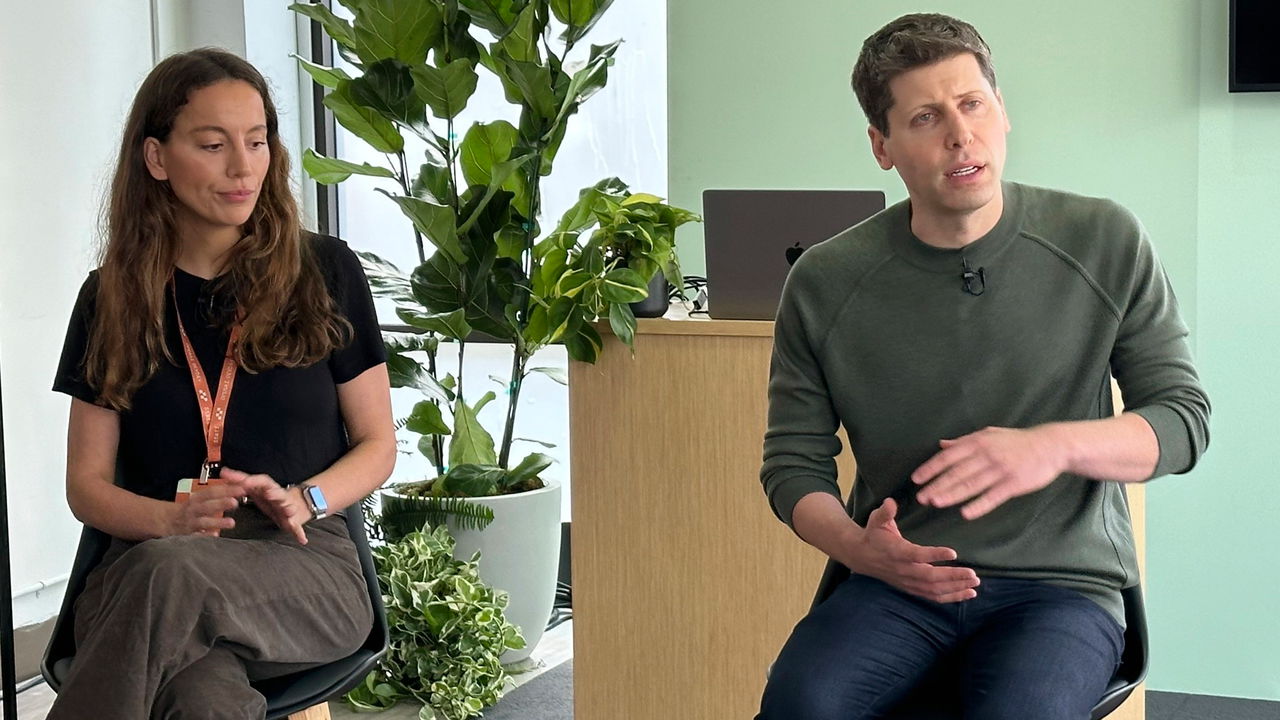
A few weeks ago people within OpenAI were keen to assure your correspondent that the maker of ChatGPT had matured, following the coup almost a year ago against Sam Altman and the counter-coup shortly afterwards that reinstated him as CEO. But on September 25th not even Mr Altman could sustain the fiction. “We are not a normal company,” he tweeted, admitting he was caught out by the abrupt decision to quit by Mira Murati, OpenAI’s chief technology officer (pictured with Mr Altman last year).
The resignation of one of Mr Altman’s most prominent deputies, along with those of two other senior executives, is the latest in an exodus of OpenAI veterans, including most of those who co-founded the firm in 2015. It is taking place amid efforts by OpenAI to raise $6.5bn at a stonkingly high valuation and revives serious questions about Mr Altman’s leadership qualities.
Ms Murati gave no indication her departure was acrimonious. Mr Altman sought to put a positive spin on it, announcing that a succession plan was in place and that he would spend more time running the “technical and product” part of the company. News from Bloomberg that OpenAI was discussing giving Mr Altman a 7% equity stake as part of efforts to restructure it as a for-profit company stirred further controversy, though. “This is deeply wrong,” said Elon Musk, one of OpenAI’s co-founders (and a longtime antagonist of Mr Altman), on X, his social-media platform.
If OpenAI is valued, as expected, at about $150bn in the latest funding round, such a stake could shower billions on Mr Altman. Investors may feel that is justified. OpenAI has pioneered generative artificial intelligence, releasing product after product ahead of its peers, for which its leader deserves credit. It is considering transitioning from a non-profit with a capped-profit arm to a new structure in which investors would get a bigger share of the cake. In such a set-up, giving Mr Altman a big stake would better align his interests with theirs. As for the culture, insiders say, it may be quirky, but that helps give it a technological edge.
And yet Mr Altman’s failure to retain top executives may also be a red flag. One longtime Silicon Valley observer says the sense of upheaval looks similar to that at Uber, the ride-hailing company, in the days when it was led by Travis Kalanick. “Phenomenal product, rotten culture,” as he puts it. That’s not an image OpenAI’s potential investors will savour.■
















